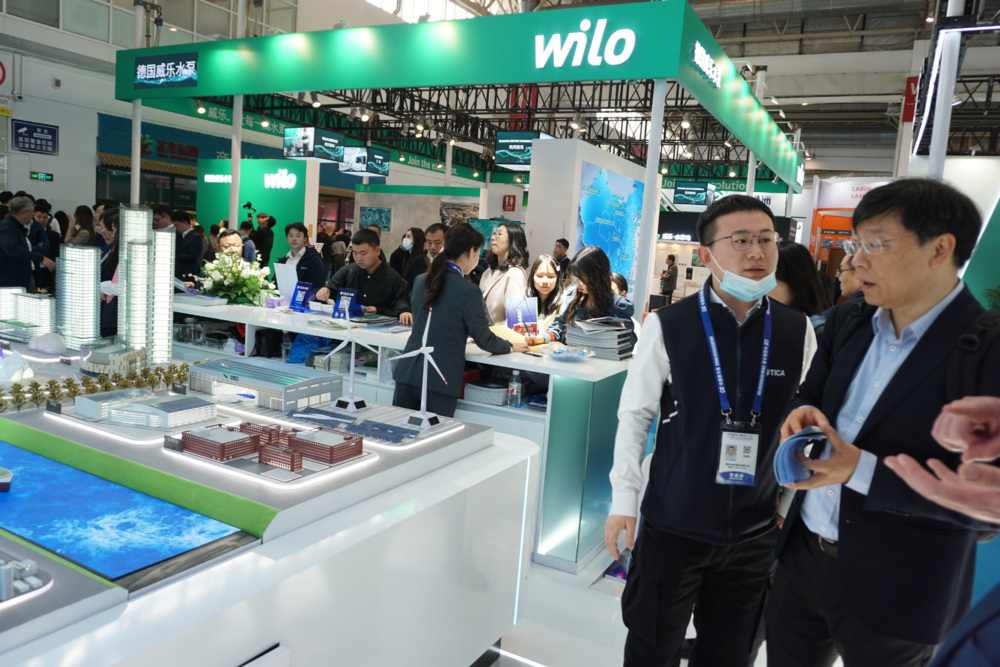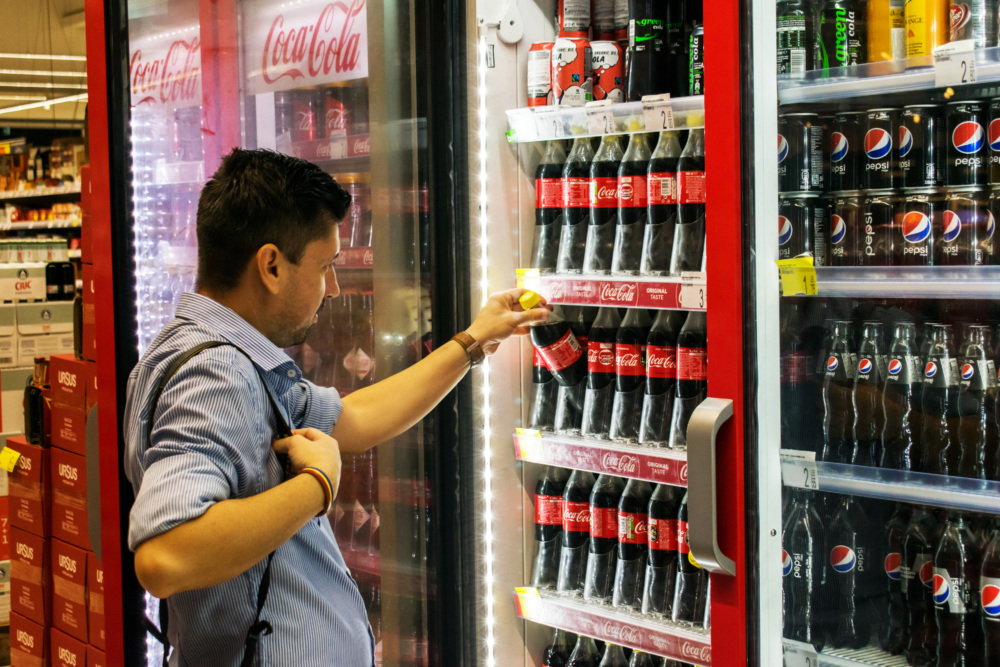Addressing China’s Climate Comfort Dilemma
In China, CLASP is collaborating with experts to improve the energy efficiency standards of air conditioners.
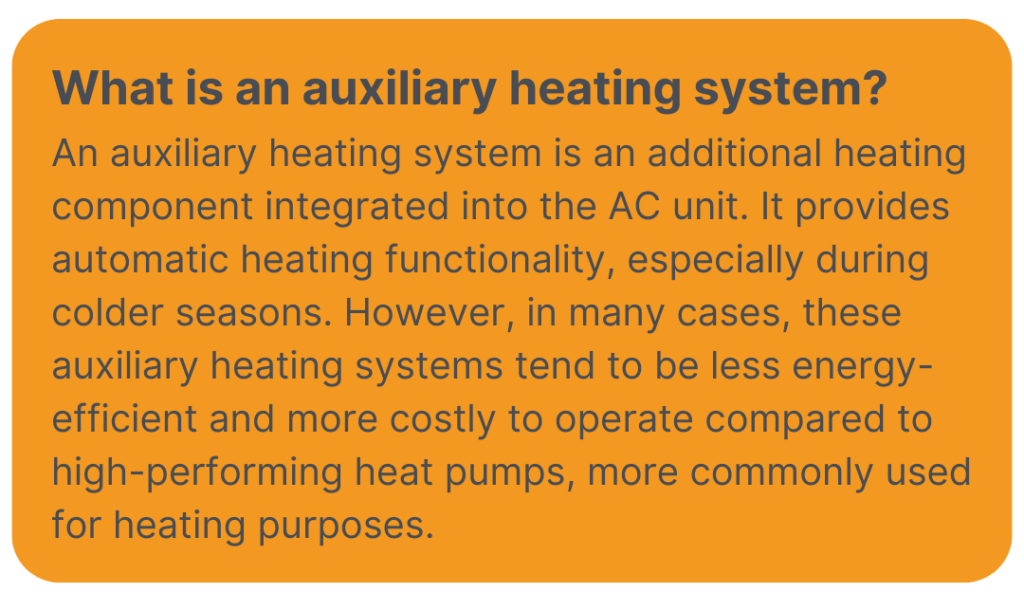 China’s recent exposure to extreme weather has heightened the demand for indoor comfort, with an estimated 39% of the population relying on ACs as their main heating source during winters. However, a pressing issue looms as 85% of the ACs in the Chinese market come equipped with an energy-inefficient auxiliary heating system. The lack of proper regulation in the current Minimum Energy Performance Standards (MEPS) allows manufacturers to opt for low-cost, energy-consuming auxiliary heating systems. This results in higher electricity bills for consumers who remain unaware of the system’s inefficiency due to inadequate disclosure requirements in MEPS and energy labels.1
China’s recent exposure to extreme weather has heightened the demand for indoor comfort, with an estimated 39% of the population relying on ACs as their main heating source during winters. However, a pressing issue looms as 85% of the ACs in the Chinese market come equipped with an energy-inefficient auxiliary heating system. The lack of proper regulation in the current Minimum Energy Performance Standards (MEPS) allows manufacturers to opt for low-cost, energy-consuming auxiliary heating systems. This results in higher electricity bills for consumers who remain unaware of the system’s inefficiency due to inadequate disclosure requirements in MEPS and energy labels.1
In a bid to transform the market and alleviate financial burdens on consumers, CLASP is collaborating with experts from Beijing University of Technology to research, test and propose new regulations focused on auxiliary heating.
The upgraded energy policies for ACs could lower energy bills for 550 million people in China.
Regulations for People and Planet
Steven Zeng, Director – China Program at CLASP, emphasizes the benefits of regulating auxiliary heating in MEPS and the labeling programs. He notes that informed consumer choices will reduce unnecessary costs, while manufactures will be incentivized to develop more efficient systems or adopt more advanced energy-saving technologies. Drawing on global examples of manufacturers phasing out auxiliary systems, Zeng asserts that China has the potential to follow suit.
Charting a Greener, More Comfortable Future for China
Leveraging CLASP’s expertise in Chinese policy making since 2020, CLASP plans to conduct feasibility and methodological studies. These studies will identify alternative technical solutions, eliminating or restricting the operation of auxiliary heating heating systems in the AC units to consume less energy. Subsequently, CLASP will suggest a revision of Chinese MEPS and energy labels to align with EU standards, ensuring compatibility and transparent communication of energy efficiency information to consumers.
Professor Hongqi Li from Beijing University of Technology, a cooling and heating expert, underscores the significance of the collaborative study with CLASP in providing evidence for auxiliary heating’s impact on the energy efficiency of ACs. He anticipates that the research will lay a crucial foundation for future MEPS revisions
Led by Dr. Hongqi Li and his team, this joint effort between CLASP and from the Beijing University of Technology signifies a concerted push towards a more energy-efficient future for ACs in China.
0. Conference paper: Impact of the Auxiliary Electrical Heating on Energy Efficiency of Room Air Conditioners and Opportunity for Policy Improvement in China, CLASP

